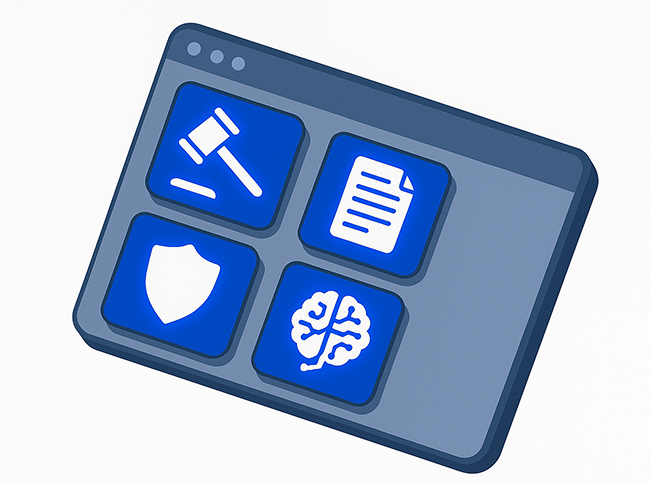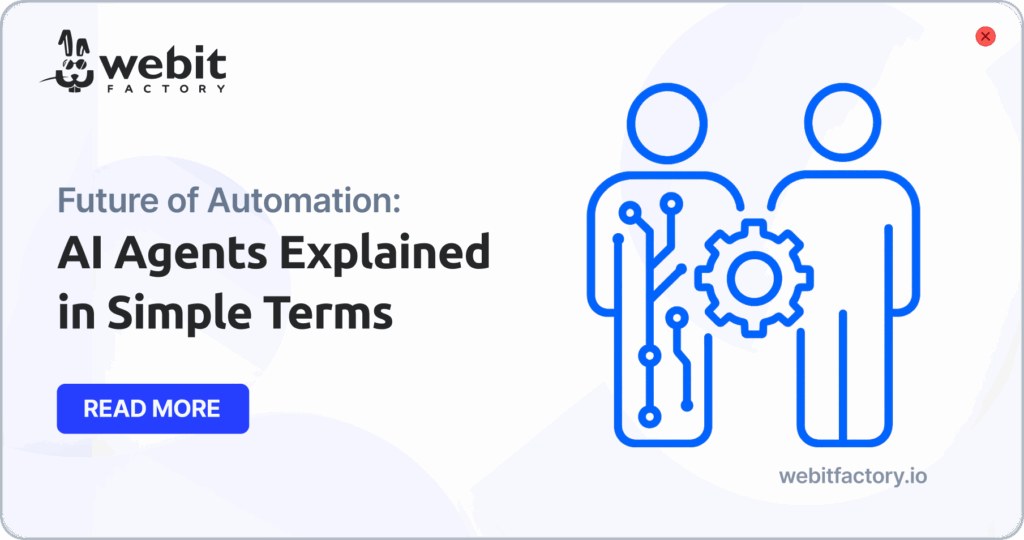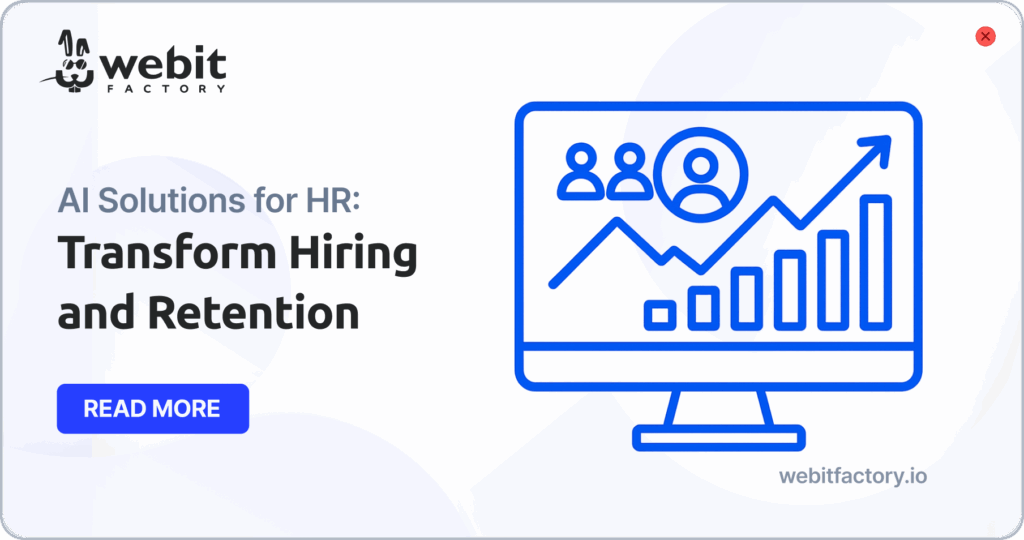Legal tech tools are more sophisticated and essential than ever in 2025. With the legal industry under pressure to deliver faster results, maintain compliance, and improve client satisfaction, selecting the right technology is a strategic decision. Yet, too often firms focus on trending brands rather than examining the functionality behind them. In this article, we explore the features that truly matter when choosing legal tech tools. These are tools that not only work today but scale for tomorrow.
What defines a great legal tech tool in 2025?
In 2025, the best legal tech tools share a few core qualities. They integrate seamlessly with existing systems, support cloud-based access, and prioritize ease of use. According to the American Bar Association, scalability and user-friendly design are now foundational to legal software success. NetDocuments adds that attorneys increasingly expect tools to be interoperable, able to function well within a larger ecosystem, and accessible from anywhere securely.
Instead of picking based on name recognition, law firms should ask: Will this tool grow with our practice? Can it be used by both tech-savvy and traditional team members? And how well does it support a hybrid or mobile workforce?

Key features to look for include:
- Seamless integration with email, calendars, and document management systems
- Cloud-based access with multi-device support
- User-friendly interface with low training requirements
- Scalable infrastructure that grows with your firm
- High interoperability with other tools and platforms
Legal tech tools should be smart and secure
Artificial intelligence is a major component of modern legal tech tools, but not all AI is created equal. Tools must enhance, not replace, the judgment of legal professionals. Clio notes that high-value AI integrations provide contextual insights, draft suggestions, and automated research. These features must always allow lawyers to stay in control.
Security and accuracy are just as important. As The Verge reports, legal filings based on hallucinated AI outputs have already made headlines for all the wrong reasons. Smart legal automation should include checks, transparency, and guardrails to ensure reliability and compliance.
Integrated workflows improve outcomes
The most effective legal tech tools are no longer standalone solutions. They are part of integrated systems. End-to-end platforms that connect billing, calendaring, document management, and communication offer a more efficient way to manage cases. Redactable highlights how integrated solutions reduce duplication, prevent errors, and save time.
Advanced tools go further by offering performance analytics and customizable dashboards. According to Zeeg, law firms using data-driven practice management software can monitor metrics in real time and adjust operations proactively. Integration means fewer systems to manage and more time focused on clients.
Compliance and client experience in legal tech tools
Any discussion of legal tech tools must include compliance. In 2025, law firms are held to higher standards of data security and ethical responsibility. The American Bar Association emphasizes that software must offer encryption, access controls, and audit logs to safeguard sensitive information.
Equally important is the client experience. Clio’s comparison of leading software platforms shows that features like secure client portals, clear billing, and real-time updates play a key role in client satisfaction and trust. Legal tech should enhance communication and transparency, not complicate it.
Choosing the right legal tech tools in 2025 means focusing on the features that support long-term success. Look for solutions that integrate with your systems, support remote work, enhance compliance, and prioritize client communication. Avoid the trap of choosing tools based on brand alone. Instead, evaluate how each feature aligns with your firm’s specific needs. In a rapidly evolving legal landscape, thoughtful tech investment is not just smart. It is essential.
Related Articles

AI Agents Explained in Simple Terms
Discover what AI agents are, how they work, and why intelligent agents are reshaping automation across industries.

AI Solutions for HR That Transform Hiring and Retention
AI solutions for HR are transforming hiring and retention with faster recruitment, better cultural fit, and lower turnover rates.

Cross-Chain dApps Are Shaping Web3
Cross-chain dApps are shaping Web3 by streamlining UX, improving contract monitoring, and bridging fragmented blockchain ecosystems.
